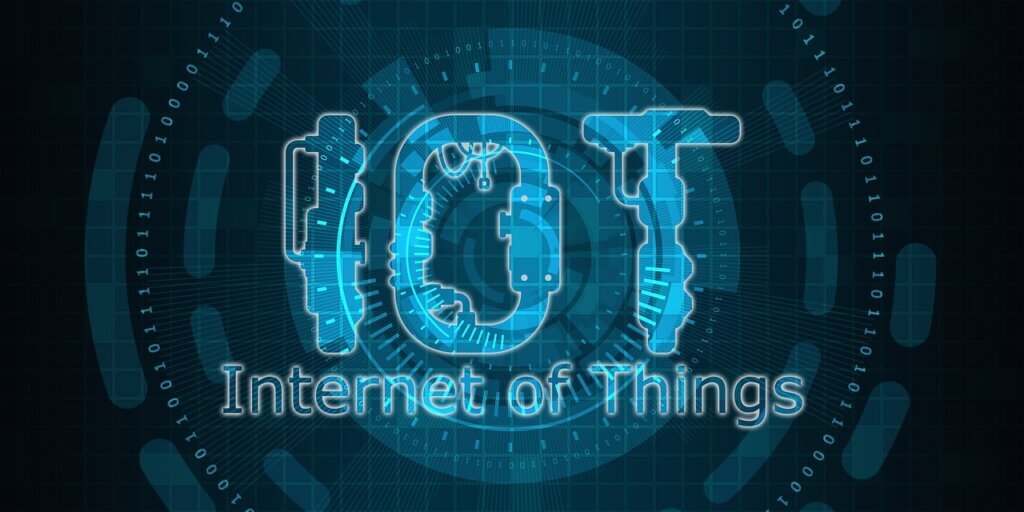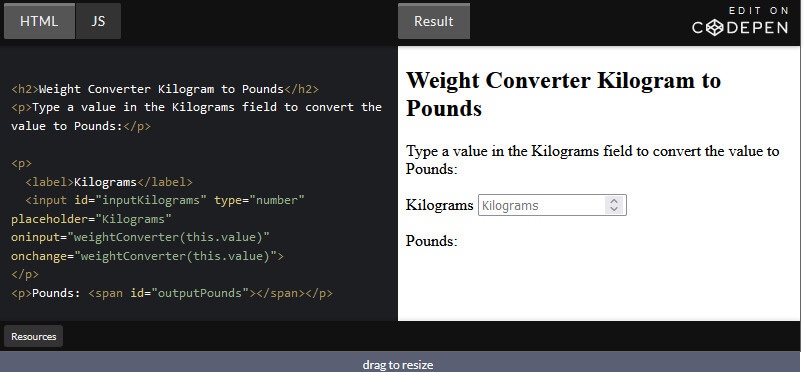Internet of Things (IoT) is transforming how organizations in different industries including manufacturing companies are doing business, decades ago, the idea of embedding sensors and chips into physical objects would sound like something next to impossible- thanks to the Internet of Things to make it real. With stronger demands for customization, increasing customer expectations, the complexity of the global supply chain- the manufacturers had to find a new and more innovative way to stay competitive.
Learn about industries using the Internet of Things
Opportunities for Enterprises with the Internet of Things (IoT)

With numerous IoT devices and tools springing up these days, many worldwide enterprises have integrated IoT tools into their business allowing them to optimize the production process, reduce delivery time, and lower expenditures. Along with all these, the Internet of Things is applied in manufacturing to ensure proper asset usage, extend equipment service life, improve reliability, and provide the best return on assets. According to a report, Juniper Research predicts the number of IoT connections will reach 83 billion by 2024. Whether these numbers are conservative or overly ambitious remains to be seen. Either way, they’re huge figures and no one can deny that the Internet of Things has been advancing ever since it started its journey. Allowing organizations in different industries to gain productivity improvements and unveiling new methods of enhancing manufacturing and supply chain operations, businesses resort to digital transformation.
Decades ago, we know technology is used for running the business and managing manufacturing operations, for automating processes and to gather data. Today with IoT the gathering of data is beyond what we had actually expected, it is of the next level. No wonder it is also known as modern oil. According to a TATA Survey, with the implementation of IoT technology, manufacturing industries are reporting benefits, including cost reduction, improvement of the business process, increasing competitiveness, and improving customer experience. With the increasing digital manufacturing sector or Industry 4.0, it is considered as one of the fastest-growing and highest-impact areas for the deployment of the Internet of Things.
The Challenges of IoT Adoption
Worldwide demand for IoT technologies continues to climb, with a growing number of organizations looking to adopt or expand their use of IoT. Resulting to increase numbers of connections and mass data collection. So, beyond the hype around this confluence of technologies, there are significant challenges, from security challenges to the perils of high customer expectations. Some of the key challenges include large investment needs and uncertainty about the Return on Investment (ROI), data securities issues, and lack of qualified employees.
Conclusion
IoT has the ability to radically transform and promises to have a profound impact on manufacturing businesses allowing them to maximize productivity through maintaining production uptime, reducing costs, and eliminating waste. The connections and the data collected from these connections will provide companies with many potential opportunities such as a better understanding of the manufacturing and supply chain processes, improve demand forecasting, achieve faster time to deliver, and enhance the customer experience. However, considering the scale and the complexity of the IoT initiatives, implementing IoT solutions in your organization can be challenging as it requires thoughtful orchestration throughout the IoT application design and execution segments.









